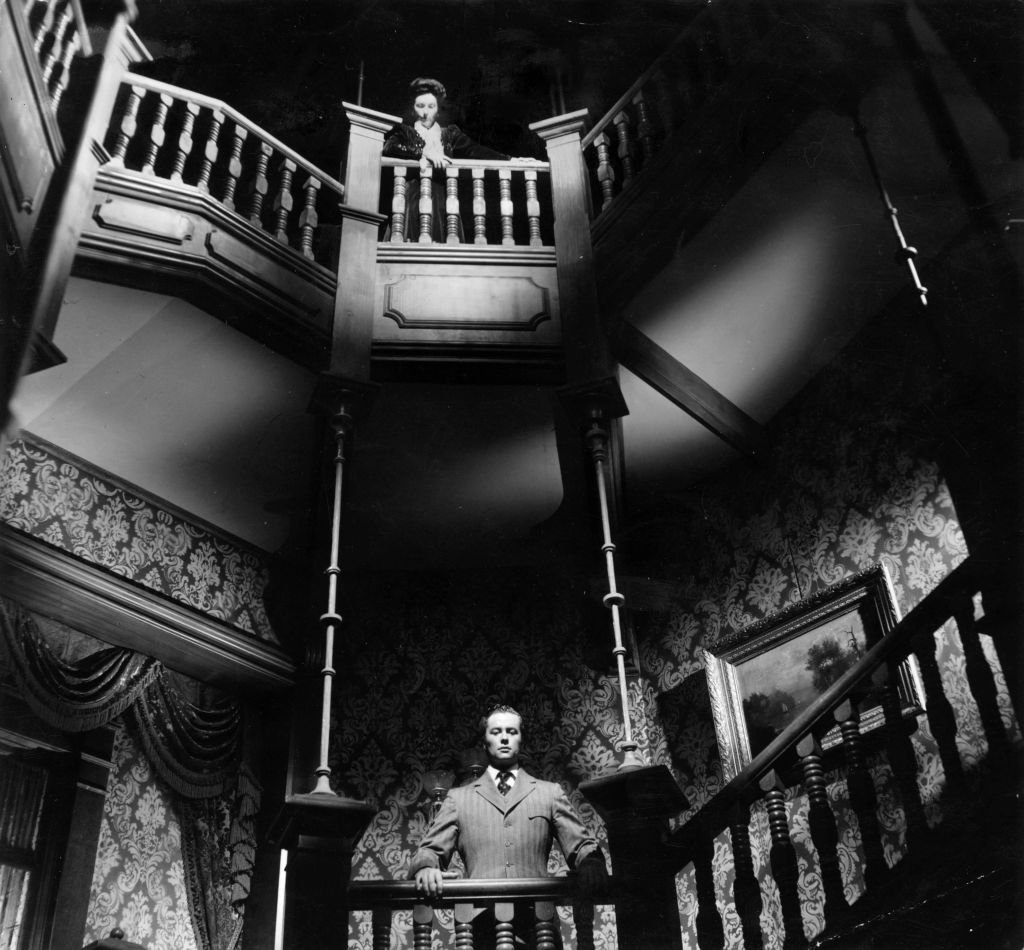Fable’s Ambitious AI Quest to Recreate Orson Welles’ Lost Footage
On Friday, Fable, a startup dubbed the “Netflix of AI,” unveiled its bold plan to reconstruct the elusive 43 minutes of Orson Welles’ iconic film “The Magnificent Ambersons.”
Why This 1942 Classic Matters to a Modern AI Startup
Why is a company that recently secured funds from Amazon’s Alexa Fund focusing on a film from over 80 years ago? Fable has developed a platform enabling users to create animated content using AI prompts. Although they’re starting with their own intellectual property, Fable aims to expand into Hollywood IP, previously being used to create unauthorized “South Park” episodes.
Unveiling an AI Model for Long-Form Narratives
Now, Fable is rolling out a new AI model designed to weave intricate narratives. Over the next two years, filmmaker Brian Rose—who has dedicated five years to reconstructing Welles’ vision—plans to utilize this technology to remake the lost footage from “The Magnificent Ambersons.”
A Tech Demo Without Film Rights
Remarkably, Fable has yet to secure the rights to the film, rendering this endeavor a prospective tech demo unlikely to reach public viewing.
The Significance of “Ambersons” in Film History
One might wonder, why choose “Ambersons”? Even cinephiles recognize Welles’ second film often stands in the shadow of its more famous predecessor, “Citizen Kane.” While the latter is frequently hailed as the greatest film of all time, “Ambersons” is regarded as a lost masterpiece, marred by studio cuts and an incongruous happy ending.
Casualties of Artistic Vision
This sense of loss is likely what drew Fable and Rose to the project. The film’s current legacy—a reflection of Welles’ talent and the crippling interference he faced in Hollywood—underscores why “The Magnificent Ambersons” is still a topic of discussion today.
The Welles Estate’s Response
However, Fable’s oversight in not contacting Welles’ estate has sparked criticism. David Reeder, who oversees the estate for Welles’ daughter Beatrice, labeled the project an “attempt to generate publicity on the back of Welles’ creative genius,” concluding it will lack the “uniquely innovative thinking” characteristic of Welles.
Estate’s Critique and the Role of AI
Reeder expressed displeasure not solely at the project itself but at the lack of courtesy shown to the estate. While he noted that they have embraced AI technology to create a voice model for brand work, this endeavor appears different.
Artistic Integrity Versus Technological Innovation
While some might argue that consulting Welles’ heirs could legitimize the project, I stand skeptical. My interest in this “Ambersons” is minimal, much like my disinterest in witnessing a digitally recreated Welles marketing modern products.
Past Attempts to Revive Welles’ Work
This isn’t the first effort to posthumously refine or complete Welles’ films, but previous attempts utilized actual footage shot by Welles. Fable’s approach combines AI with traditional filmmaking; contemporary actors may portray original cast characters, digitally altering their faces post-production.
Rose’s Intent to Honor Welles’ Vision
Despite the questionable ethics behind this announcement, Rose seems genuinely committed to honoring Welles’ vision. Rose lamented the loss of a beautiful four-minute tracking shot, of which only 50 seconds remain in the current version.
AI Cannot Replace True Artistic Legacy
While I resonate with his sense of loss, I believe this tragedy is one that AI cannot mend. Regardless of how seamlessly Fable and Rose manage to recreate a scene, it will undeniably be their interpretation, not Welles’. The essence of Welles’ “The Magnificent Ambersons,” destroyed by RKO over 80 years ago, remains lost without a miraculous rediscovery of footage.
Sure! Here are five FAQs with answers regarding the Amazon-backed AI startup and its creation of Orson Welles fan fiction:
FAQ 1: Why is an Amazon-backed AI startup creating Orson Welles fan fiction?
Answer: The startup aims to explore the intersection of AI and creative writing by leveraging Welles’ unique storytelling style. The project illustrates how AI can generate compelling narratives inspired by classic figures, breathing new life into historical contexts while engaging contemporary audiences.
FAQ 2: What technology is the startup using for this project?
Answer: The startup utilizes advanced natural language processing and machine learning algorithms to analyze Welles’ works. This allows the AI to mimic his writing style and themes, crafting original stories that pay homage to his creative legacy.
FAQ 3: How is the fan fiction being distributed or presented?
Answer: The generated fan fiction is likely published online through various digital platforms, including the startup’s website and potentially through Amazon’s e-book services, allowing easy access for fans and readers.
FAQ 4: What are the potential implications of AI-generated literature?
Answer: AI-generated literature raises questions about authorship, creativity, and the future of storytelling. It can democratize content creation, allowing more voices to be heard, while also sparking discussions about the role of traditional writers and the authenticity of AI-generated works.
FAQ 5: Can readers interact with or influence the AI’s storytelling process?
Answer: Some interactive features may allow readers to provide input or suggestions, leading to personalized narratives. This approach would enhance engagement and make the storytelling experience more dynamic, inviting readers to participate in the creative process.

